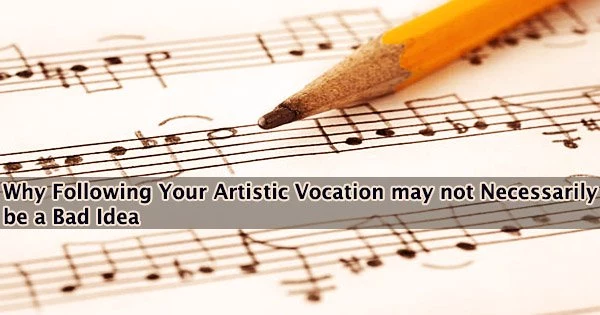Terry liked music as a child and learned the trombone, guitar, and tuba on his own. He participated in jazz ensembles, musical theater, and marching bands in the evenings all the way through high school and college. In his early twenties, he began working as an accountant, but because of his extensive musical network, he continued to play gigs every night.
He continued to find opportunities to pursue his interest even as his flourishing profession started to take him abroad. Finding time for music grew more difficult as time went on and his profession took precedence. It eventually lost all momentum.
Jenny, who also played the flute well, was a member of a national youth orchestra. But she found it challenging to carry on while juggling her family and her job as an administrator. She used to accompany her kids to summer music camps so they could perform together. But eventually following her divorce and a sense that her music was becoming a bit “stale”, she stopped playing altogether and sold her flute. She didn’t play again for 18 years.
Both Terry and Jenny didn’t seriously return to their music until they retired. Jenny’s new partner introduced her to jazz, and after he passed away, she was motivated by his example to join a band and try out several genres. Terry took early retirement, joined an orchestra and picked up all his old instruments.
I think it would have lost some of its luster if I’d made a go of it and it wouldn’t have been an escape from the day job, it would be the day job. At some point I wonder if it would have become a chore.
Terry
Our findings
These stories came out of a recent research project that I co-authored. In the UK, we spoke with a total of 33 adults, all of whom had felt “called” to music as children but had later put it on hold in favor of other careers. They switched from being singers, violinists, or ukulele players to IT managers, government employees, and pharmacists.
Did any of them regret the choices they made? Although some had missed music for a while, with the benefit of hindsight, none regretted the choices they had made. As Terry said:
“I think it would have lost some of its luster if I’d made a go of it and it wouldn’t have been an escape from the day job, it would be the day job. At some point I wonder if it would have become a chore.”
Oliver, a clarinet player turned leadership development expert turned retiree musician, took a similar view. He talked about a musician he knew who played in the orchestra pit of The Lion King every night who would now “panic at being asked to play anything else”.
Jenny spoke for many of our participants when she said music was “like breathing”, but they also saw pursuing a musical career as fraught with risks. They discussed their unstable employment, unsocial work schedules, meager income, long practice sessions, and lack of control over the music they could perform.
Instead, the majority had chosen professions that built on their other abilities and interests and gave them a sense of security. People could recognize the advantages of pursuing their calling in their latter years from the perspective of retirement.
Some, like Ron, went so far as to do a master’s degree and then a doctorate in music after he retired. Others, like Fiona, took the opportunity to explore new types of music, go to music summer schools, chair a local music society and play with a range of different groups.
All musicians sought to be skilled at what they did, but later in life, pressure from teachers, peers, and families was reduced. In retirement, music was about enjoyment, experimenting, and company it didn’t matter if something didn’t work out. Our members raved about the independence and newfound delight they were experiencing as they followed their calling in later life.
Amy said: “When I’m singing I’m in the moment, and that’s all that matters. It doesn’t matter what I look like, what anybody thinks of me.”
As Jack added:
“Being good used to matter a lot to me when I was younger and that scared me off. But now you just give it a go if it works, it works, if it doesn’t, have a laugh!”
In this way, what it means to follow your calling becomes transformed over the life course from the serious, pressured experience of youth to the joy and freedom of retirement.
Caveats
It was easier for some than for others to resume their music. Those who completely abandoned music for some time in Jack’s case 40 years, for example certainly struggled more to get back into it. Yet even those in Jack’s position instinctively knew music was not completely lost to them:
“You think of passions as something red hot and steaming, but they’re not always. Sometimes they simmer and they’re always there, always at the back. There’s this sort of beat.”
Retirement became more structured and meaningful for people when they discovered their vocation in music. This meant that retirement was no longer simply about “gardening,” but also about personal development and fulfillment. It meant that life continued to have a sense of purpose and meaning.
Our participants were lucky because they all enjoyed good physical and mental health and the financial resources to afford to spend time on music. Of course, not everyone is in this position.
But the lesson is that it can still happen in a different way for individuals who missed the boat the first time around and didn’t follow their calling. As Gordon, a trombone player in his youth who became a senior IT executive and now chairs his local choral society, said:
“People say, ‘keep your passion as your hobby but not your career because it will be more satisfying’. I think in retrospect that was probably sound advice.”
















